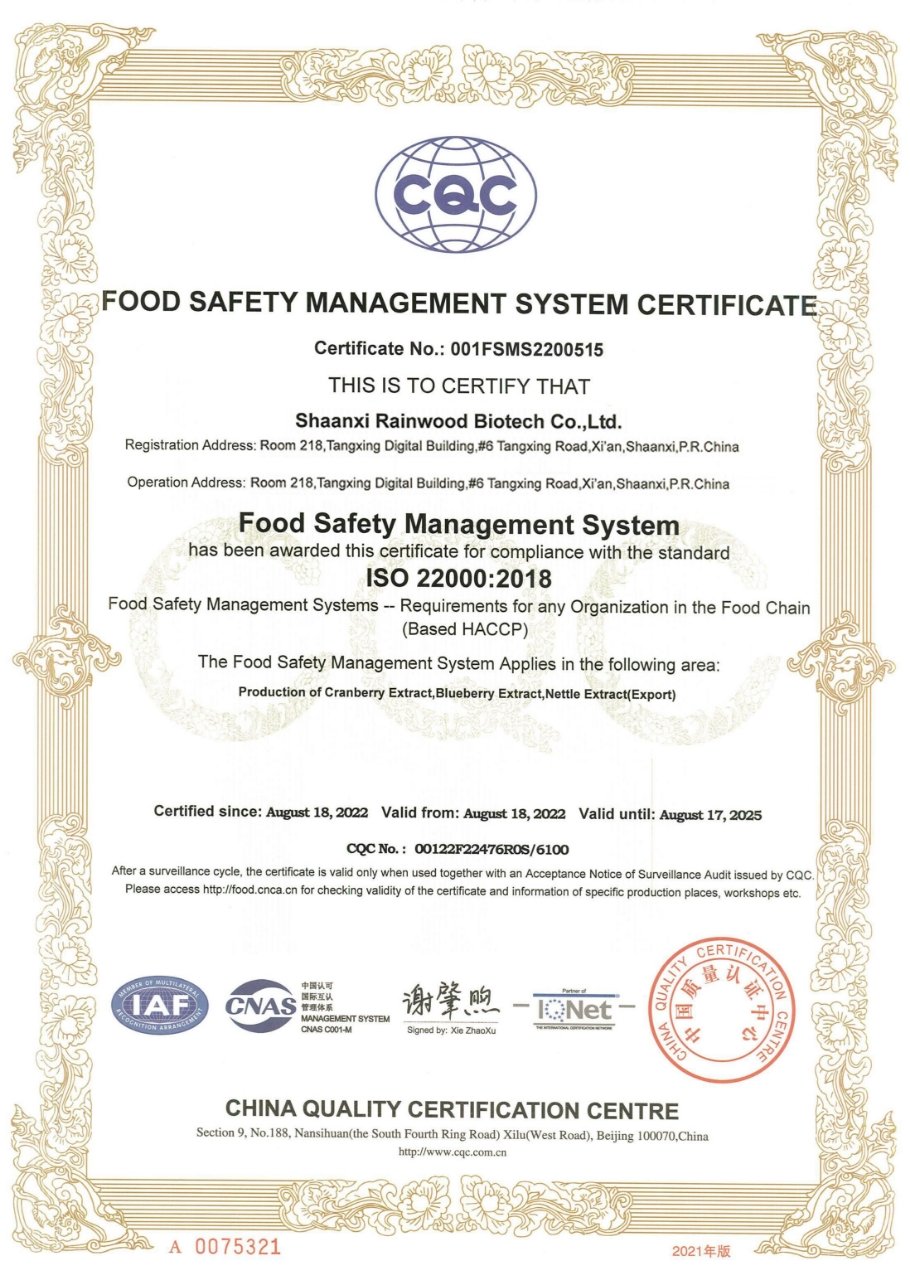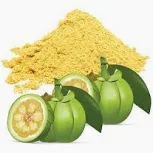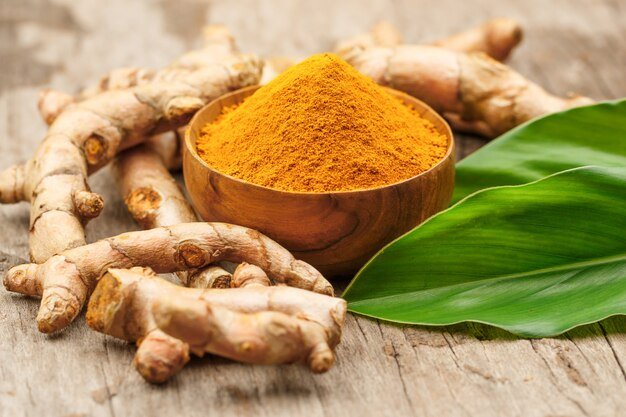Quercetin, a powerhouse antioxidant found in various foods, exhibits a range of potential benefits for overall health. From reducing inflammation to potentially aiding weight loss, this article explores the diverse advantages that quercetin may offer.

Exploring Quercetin’s Potential Health Boosts
Quercetin, with its antioxidant properties, showcases a promising array of health benefits. Research suggests its potential to reduce inflammation, ease allergy symptoms, exhibit anticancer effects, and lower the risk of chronic brain disorders. Dive into the multifaceted advantages that quercetin may provide for a healthier lifestyle.
Quercetin’s Impact on Inflammation
Persistent inflammation is linked to various health problems, including cancers and heart diseases. Studies indicate that organic quercetin powder may help reduce inflammation by targeting specific molecules. Explore the research findings that highlight quercetin’s potential to alleviate inflammation-related conditions, such as rheumatoid arthritis.
Potential Relief for Allergy Symptoms
Quercetin’s anti-inflammatory properties extend to providing potential relief for allergy symptoms. While test-tube and animal studies show promising results, the article emphasizes the need for further research to establish quercetin as a recommended alternative treatment for allergies in humans.
Anticancer Properties of Quercetin
With antioxidant properties, quercetin emerges as a potential ally in the fight against cancer. Reviewing test-tube and animal studies, the article discusses how quercetin may suppress cell growth in various types of cancer cells. However, it underscores the necessity for human studies to confirm its efficacy as an alternative cancer treatment.
Guarding Against Chronic Brain Disorders
Quercetin’s antioxidant prowess is explored in protecting against degenerative brain disorders like Alzheimer’s disease. Findings from studies in mice highlight the potential of quercetin to reverse markers of Alzheimer’s and enhance brain function. The article acknowledges the need for more research in humans to solidify these promising outcomes.

Quercetin’s Role in Lowering Blood Pressure
As a prevalent health concern, high blood pressure can lead to heart disease. Research suggests that quercetin may help lower blood pressure levels by relaxing blood vessels. The article delves into findings from studies involving mice and humans, emphasizing the promising yet evolving nature of this potential therapy.
Beyond the Basics: Additional Quercetin Benefits
While the article covers the major health benefits of quercetin, it also touches on other potential advantages. These include combating aging, aiding exercise performance, and supporting blood sugar control. However, it stresses the need for further research in humans to fully understand and recommend quercetin for these purposes.
Quercetin Benefits for Skin and Hair
Quercetin’s antioxidant and anti-inflammatory properties make it a valuable asset for skin health. The article explores how quercetin fights free radicals, reducing the risk of wrinkles and dark spots. Additionally, it touches on the potential benefits of quercetin for hair growth, providing a comprehensive view of its applications in the realm of beauty and wellness.
Quercetin and Weight Loss: Unveiling the Potential
Delving into the intriguing connection between quercetin and weight loss, the article discusses its impact on aerobic performance, adiposity, and blood sugar regulation. While the evidence suggests promising outcomes, the article emphasizes the ongoing need for human studies to establish quercetin as a reliable supporter of weight loss.

Quercetin’s Defense Against Colds
Highlighting quercetin’s anti-rhinoviral effects, the article explores its potential in inhibiting viral infection stages. It discusses the need for further studies to determine quercetin’s efficacy in preventing or treating rhinovirus infections, especially in individuals with chronic lung diseases.
Disclaimer: This information is provided for informational purposes only and does not substitute individual consultation with healthcare professionals.
References:
https://www.pdr.net/full-prescribing-information/Kidney-Support-dietary-supplement-23940



















